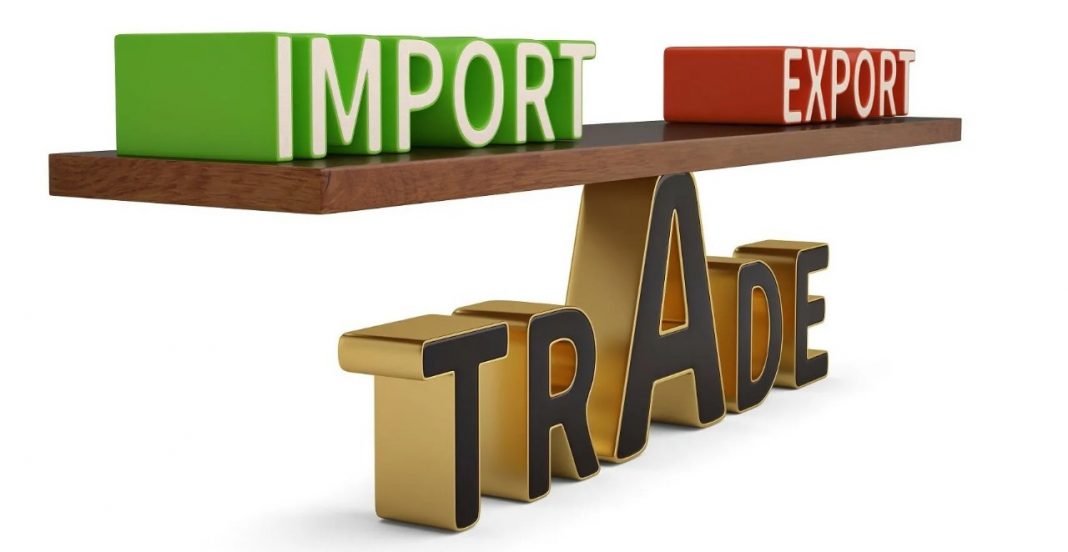ISLAMABAD: Pakistan’s trade balance is expected to improve in future with the introduction of the United Kingdom’s new trading scheme for products imported from developing countries.
In the fiscal year 2022, Pakistan had a trade deficit of over $45 billion. However, it is hoped that the trade balance will improve with the introduction of the UK’s Developing Countries Trading Scheme (DCTS), a trade analyst told WealthPK.
Sarah Javaid, Trade Analyst at Policy Research Institute for Market Economy, said the UK’s DCTS will be effective from early 2023, replacing the Generalized Scheme of Preferences (GSP), and providing flexible terms of trade and preferential trade access to 65 developing countries, including Pakistan, who collectively make exports of around £21 billion to the UK market.
“Under the additional preference tariff schedule, Pakistan will benefit under the DCTS from 156 additional goods being exported to the UK,” she said.
As per the British High Commission Pakistan, the new facility can help the country save £120 million in the form of export tariffs, while 94% of goods exported by Pakistan to the UK will now qualify for duty-free access.
Some of the specific goods which benefit the most from the DCTS in Pakistan include over £250 million of average annual exports to the UK of bedlinen and almost £100 million of jeans which will each receive a 12% reduction in import duty as per the British High Commission.
Sarah added that out of Pakistan’s total products being exported to the UK, textile articles, clothing, and articles of apparel have the highest share. She said Pakistan faces an average Most Favoured Nation (MFN) tariff of 5.1% on textiles, 11.4% on clothing, and 3.1% on leather and footwear from the UK.
The UK has been one of the major export destinations for Pakistan as total exports stood at £2.1 billion in 2021.
“Therefore, any preferential status can be beneficial for Pakistan,” Sarah said.
According to WealthPK research, Pakistan’s top exports to the UK till the first quarter of 2022 include clothing (£716.5 million or 46.5% of all UK goods imported from Pakistan), textile fabrics (£488.5 million or 31.7%), cereals (£88.7 million or 5.8%), vegetables and fruit (£36.5 million or 2.4%), and other manufacturers (£33.2 million or 2.2%).





